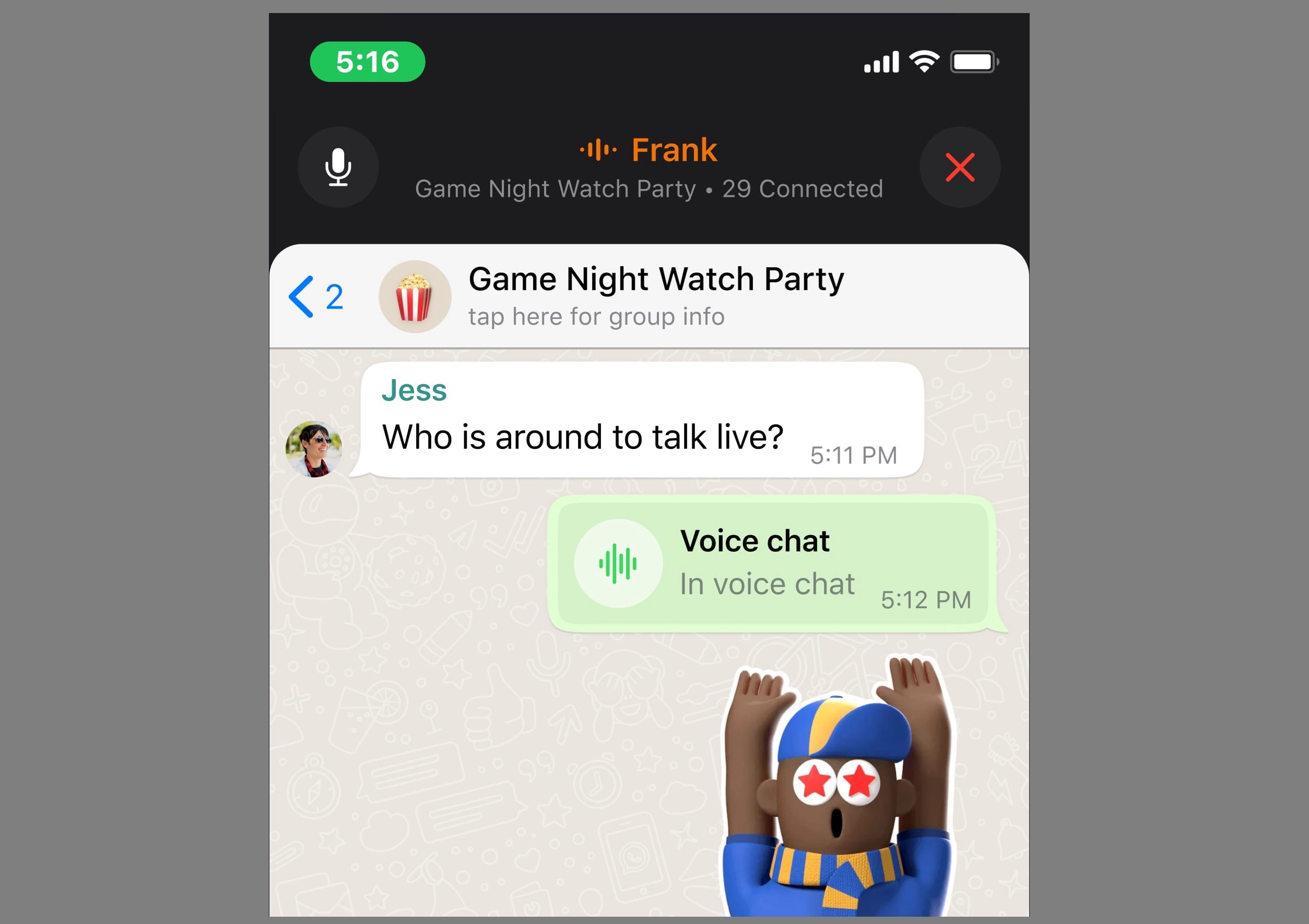The good pals over at Mozilla published a guide named “Privacy Not Included” that gives a complete rundown of tech products that do not care for the user’s privacy. A lot of big tech companies' names were in the guide including Google, Microsoft and Amazon. For instance, the Federal Trade Commission fined Amazon $25 million because Alexa devices collected the data of many children. Similarly, Microsoft was fined with $20 because it was also collecting children’s data unlawfully.
Google also wasn’t left behind. The Fitbit Activity Tracker is used for tracking your heart rate, steps taken, skin temperature etc. Google has introduced Fitbit Charge 6 which will require your Google account for log in. This means all your Fitbit data will go to Google. By signing in to the Fitbit account, you won’t be accepting Fitbit’s privacy policy. You will have to accept the privacy policy of Google.
Sonos, which was everyone’s favorite, is also included in this dirty business. Mozilla found that it sells some of the users’ personal data for advertising purposes. This means it is ditching all of its privacy policies, without caring about the effects it will cause to their users. Bose is also stealing users’ information and giving it to third parties.
A kids’ smartwatch known as Angel Watch has no privacy policy. The Mozilla team tried hard to find any signs of privacy policy for the watch but it was nonexistent. The only privacy policy about Angel Watch is on its website. It states that when a person buys the watch or views the website, their personal data can be collected. This makes Angel watch suspicious because it makes youngsters vulnerable.
One of the most scary devices with no privacy Mozilla found out was Wyze Security Cameras. It was revealed that a glitch in the system left a lot of private feeds accessible to random people online. Tile Trackers, which are used to track things like pets, bags, etc via bluetooth, have added an Anti-Theft Mode that hides bluetooth devices. This makes it accessible to stalkers.
Apart from all the tech devices that were included in the Privacy Not Included list, Mozilla also appreciated some devices which respect their users’ privacies. One of them in Garmin which updated their privacy policy in July and made it less scary for users. Same goes for two of the children's toys, the Tamagotchi Uni virtual pet and Artie 3000 Coding Robot. Both of them keep the information about their users private and do not share them anywhere.
So, if you are going to give your loved one some tech device, make sure to read its privacy policy. Reading the privacy policy before accepting it is important to safeguard your private information.

Photo: DIW / AI-Gen
Read next: Google Maps Updated With Smart Routes, Easier Group Planning and Emoji
by Arooj Ahmed via Digital Information World





